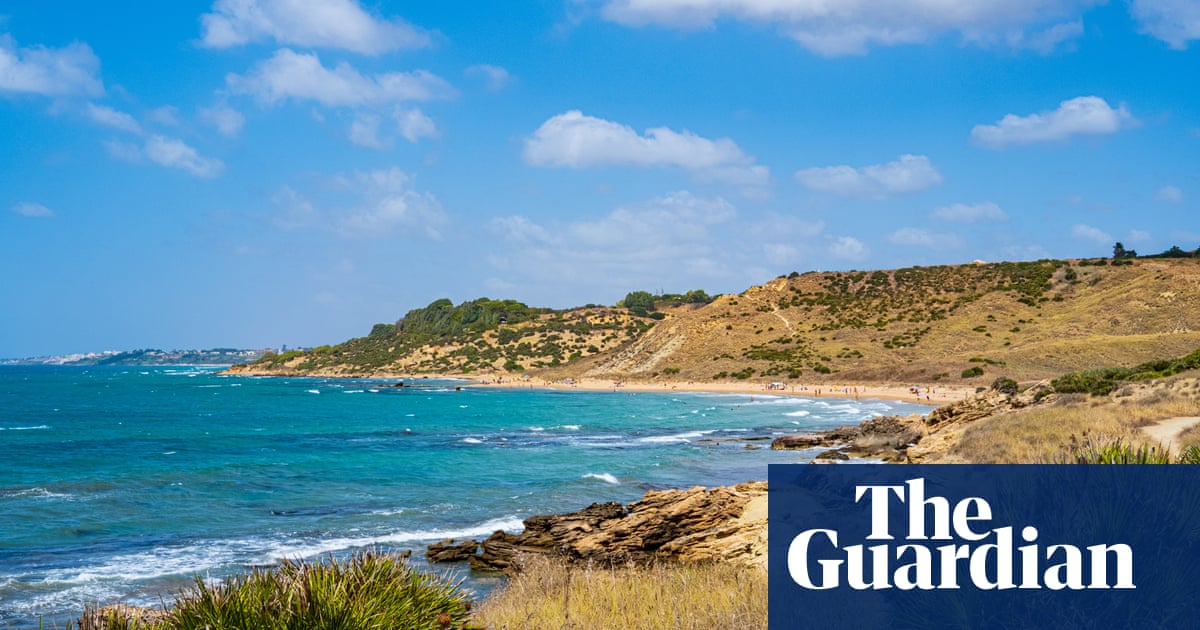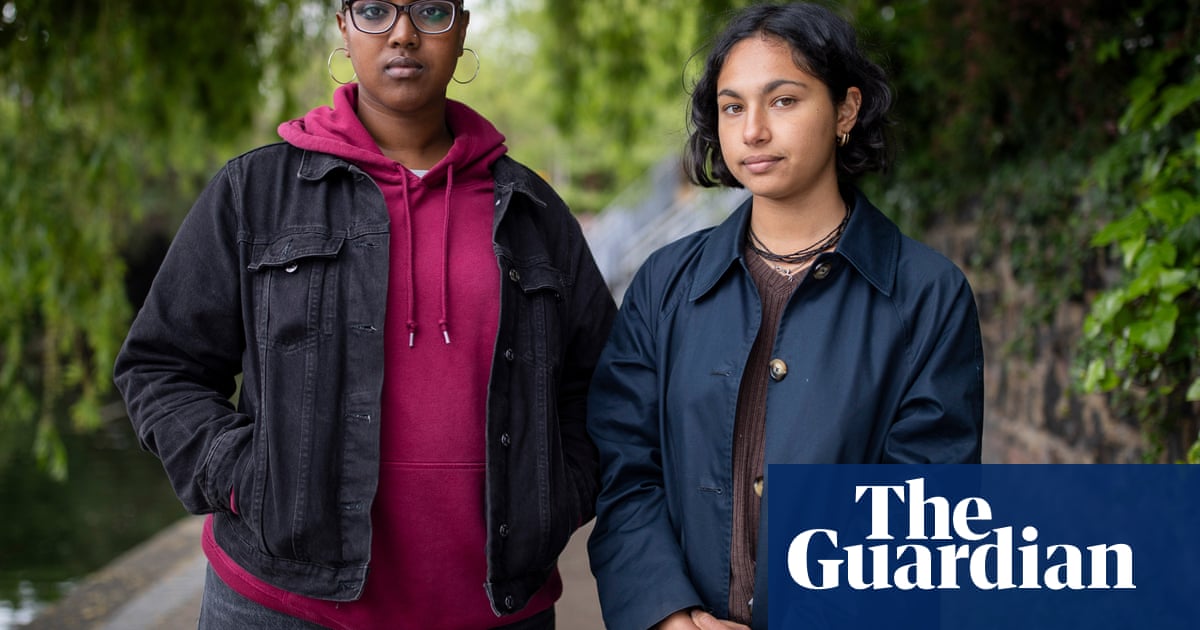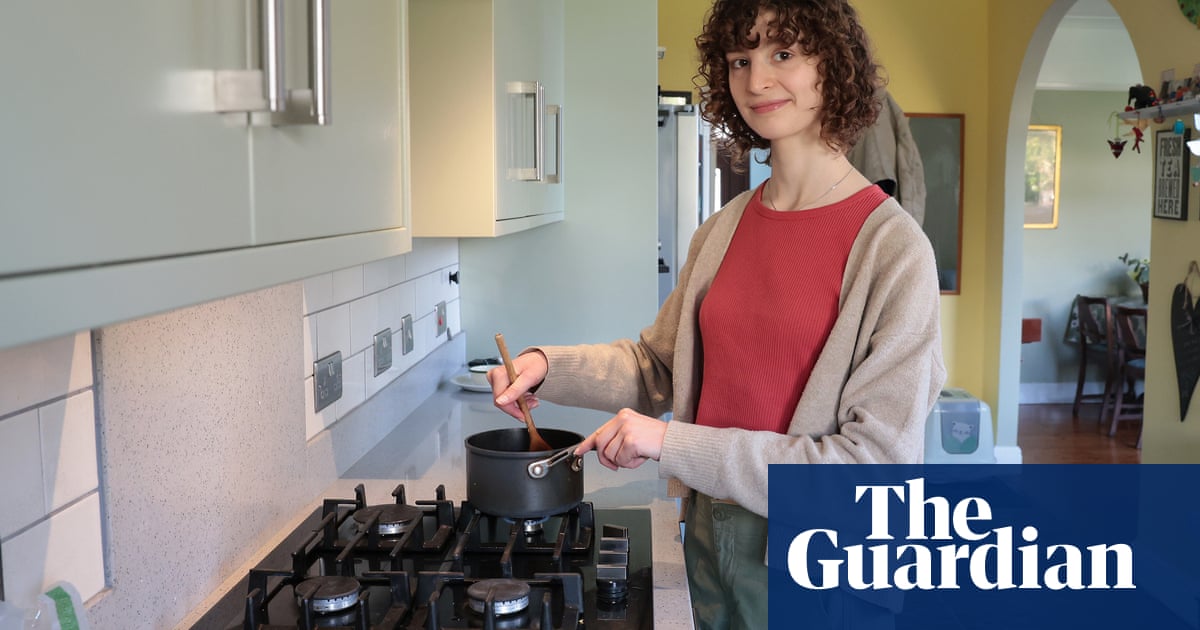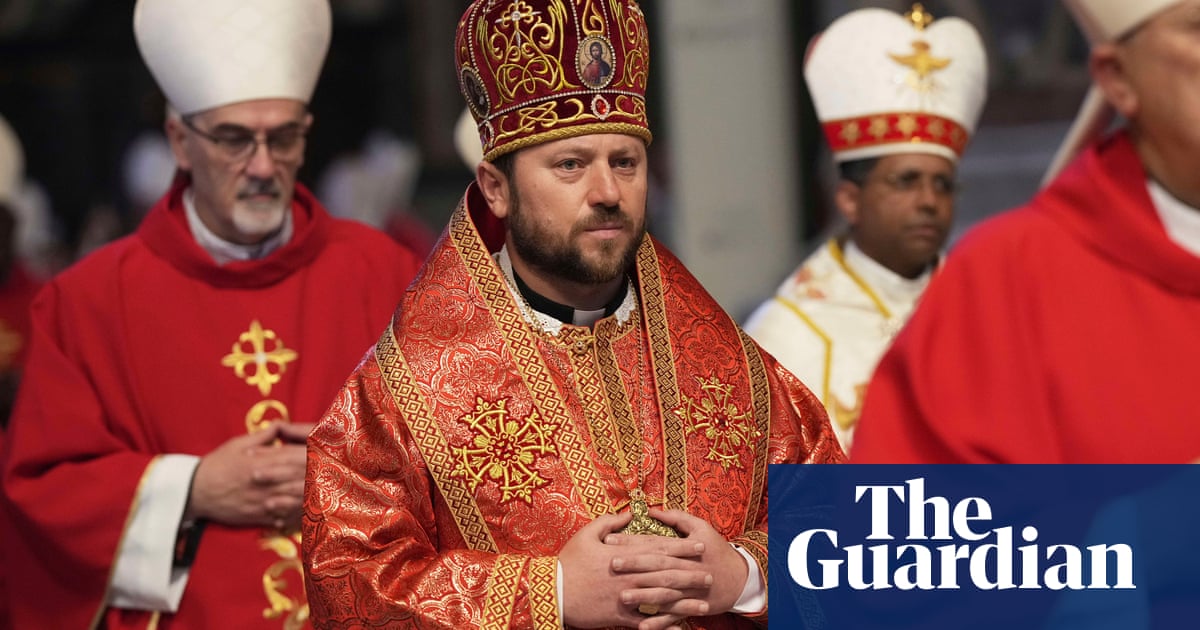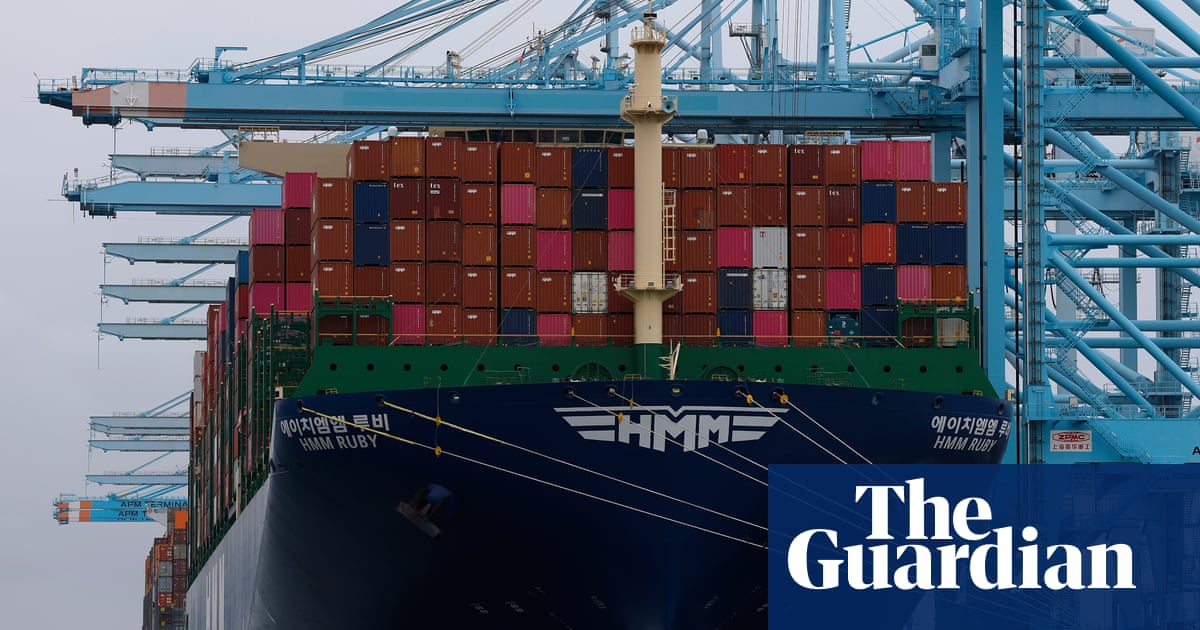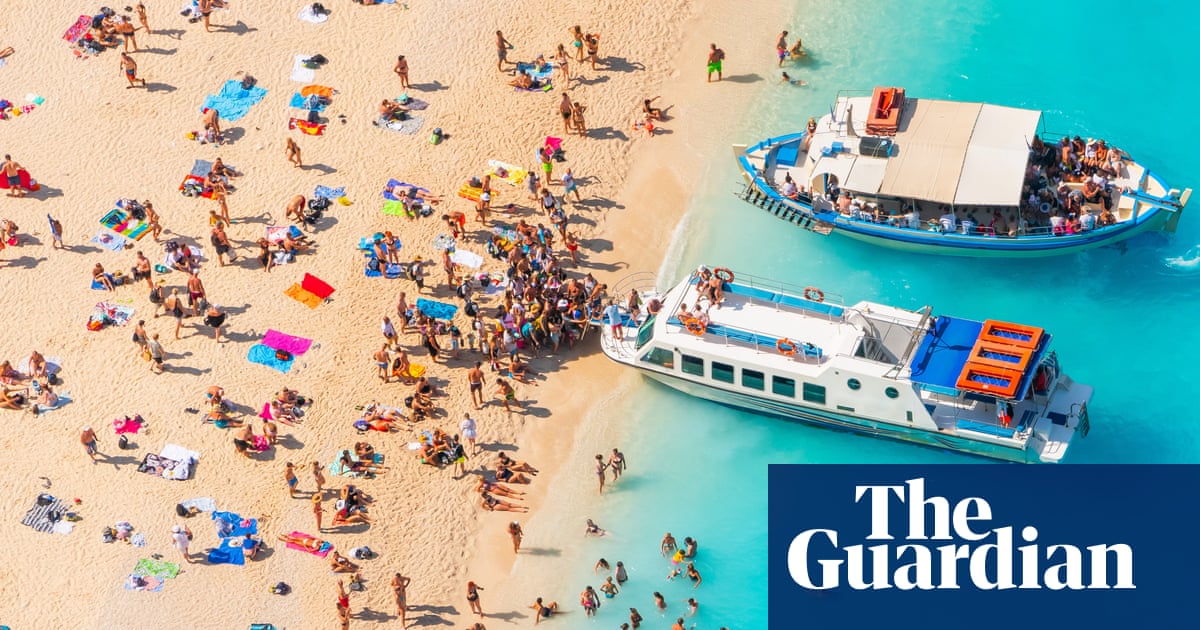Twenty-six-year-old Syrian Ghaith* was making his second attempt to cross the Mediterranean from Libya last September when the dinghy overturned in strong waves. Only three of the 21 passengers – including five children – could swim, the rest clung to empty gas canisters and tyres that had been attached to the boat.
“To be honest, when the boat capsized, two of the children clung to me and I felt myself drowning, so I took a deep breath and let them go. God forgive me. I dived underwater so they would release me and hold on to the canisters instead.
“There was nothing around me, but I could hear the women and children screaming, ‘Help us!’. At first, I was reciting prayers, but a sound behind me terrified me so much that I couldn’t even speak as I swam. I thought it was a shark, but it turned out to be another man swimming behind me.”

All of them were eventually rescued by a passing fishing boat, returned to shore and taken to Az-Zawiyah detention centre in western Libya, notorious for selling people to local militia groups, who then ransom them.
“There was filth; a scabies outbreak – and you could sell your organs to get out,” says Ghaith. “In our cell – about four square metres – there were more than 30 of us.”
Within a day, a local militia had bought him from the prison authorities and demanded $1,700 (£1,390) from his family for his release. It was Ghaith’s second kidnapping and ransom demand since arriving in Libya last July.
Ghaith and his family fled Syria 10 years ago when he was a teenager, as fierce battles raged between rebels and forces of the Assad regime in their home city of Manbij, in the northern region of Aleppo. His mother and father are now in their 50s and he has four siblings, the youngest of whom is four years old.

They moved to Lebanon, living in Tripoli and later Beirut, but Ghaith says they faced a life of poverty, discrimination and the constant threat of deportation. He tried to return to Manbij in 2016, he says, but at that point it was under the control of Islamic State, who were forcibly recruiting young men for jihad, so he returned to Lebanon.
Last July, Ghaith decided to try to reach Europe via Libya, which he says was the cheapest route to take. His trip was funded by selling the family home in Manbij for $10,300.
After first arriving in Sabratha, a coastal city in western Libya under the control of militias, he contacted a local smuggler to try to join a group departing for Europe. He spent three weeks crammed in a warehouse with more than 200 other people before losing hope and contacting another smuggler who promised to take him to Europe for $5,500.
In early August, at about 10pm he boarded a boat in the port of Zawiya with about 20 other migrants, which was later intercepted by a Libyan patrol boat. “They took everything from us: phones, nearly $10,000 in total, lifejackets. Even our food and water,” he says.
Back on land, Ghaith and the other migrants were handed over to Libyan authorities and taken to Bir Al-Ghanam prison, south-west of Tripoli. After three days of extreme heat during the day, freezing nights and barely enough food to survive, Ghaith says he was told he would be able to leave if he paid a $2,400 ransom.

Libya is now the most common departure point for refugees and migrants arriving in Italy, but thousands have died or been intercepted in the Mediterranean and returned to Libya, where they are likely to be held in unofficial detention centres.
Once free, Ghaith contacted a third smuggler, who agreed to arrange his trip to Europe for $6,000. In late August, the intermediary transported him along with a pregnant woman and her husband to the place where they were supposedly going to embark. But when they arrived, they realised they were at a military base, far from the sea.
Ghaith and the couple were told they had been kidnapped and that their release would cost 15,000 Libyan dinars [about £2,400] each. They were handed a mobile phone to contact relatives or intermediaries to arrange the ransom payment and spent nine days in a room with no mattress or blanket before being released.
Once free, Ghaith joined the boat that would capsize at sea and end up with him being sold to local militia. After paying this latest ransom with the help of family and friends, he decided to make a fourth attempt.
“I couldn’t go back to Lebanon to my family because I was staying there illegally. When an illegal resident leaves Lebanon, they are banned from entering the country again.
“I had no other option or destination. In Libya, you can’t do or build anything. There is no turning back. It’s either reaching your goal or dying. I was ready for that.”

In October last year, on his forth attempt, Ghaith finally reached the Italian island of Lampedusa. From there he made his way to Germany where he had friends who had lent him money to support his trip. He is now living in a camp for asylum seekers.
With Assad’s fall in December, Germany, along with other European countries, announced the suspension of asylum decisions for Syrians.
“People have started returning [to Syria], but my family in Lebanon can’t go back because I sold our house. Even when the [Assad] regime fell, I felt ashamed to contact them. What could I say to them: Congratulations, the regime has fallen, but you don’t have a house to return to?
“I don’t care about anything except work and compensating my family by buying a house for them and paying off my debts.”
* Name changed to protect identity

 3 months ago
57
3 months ago
57

